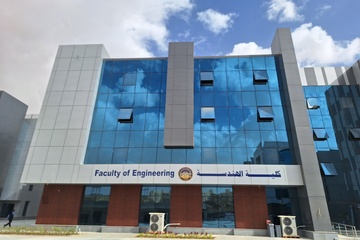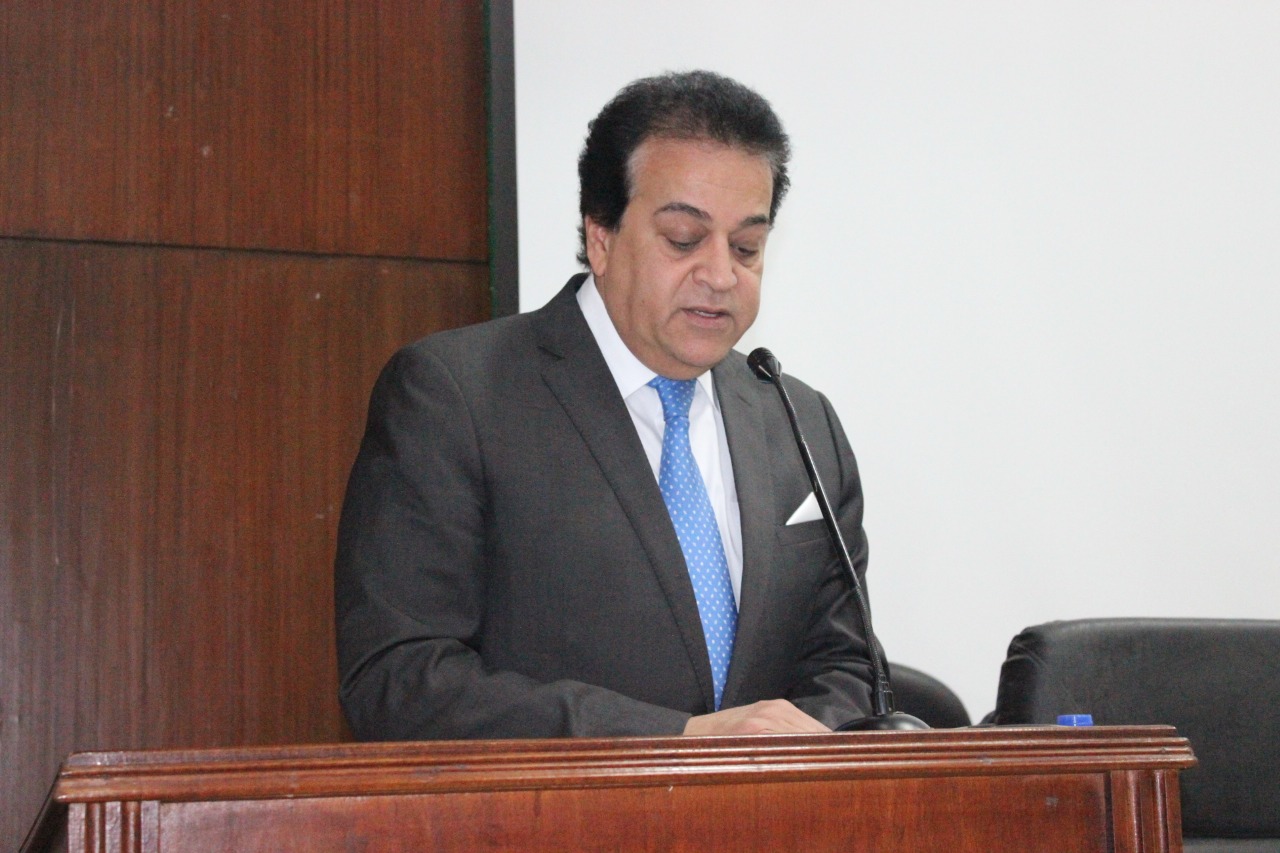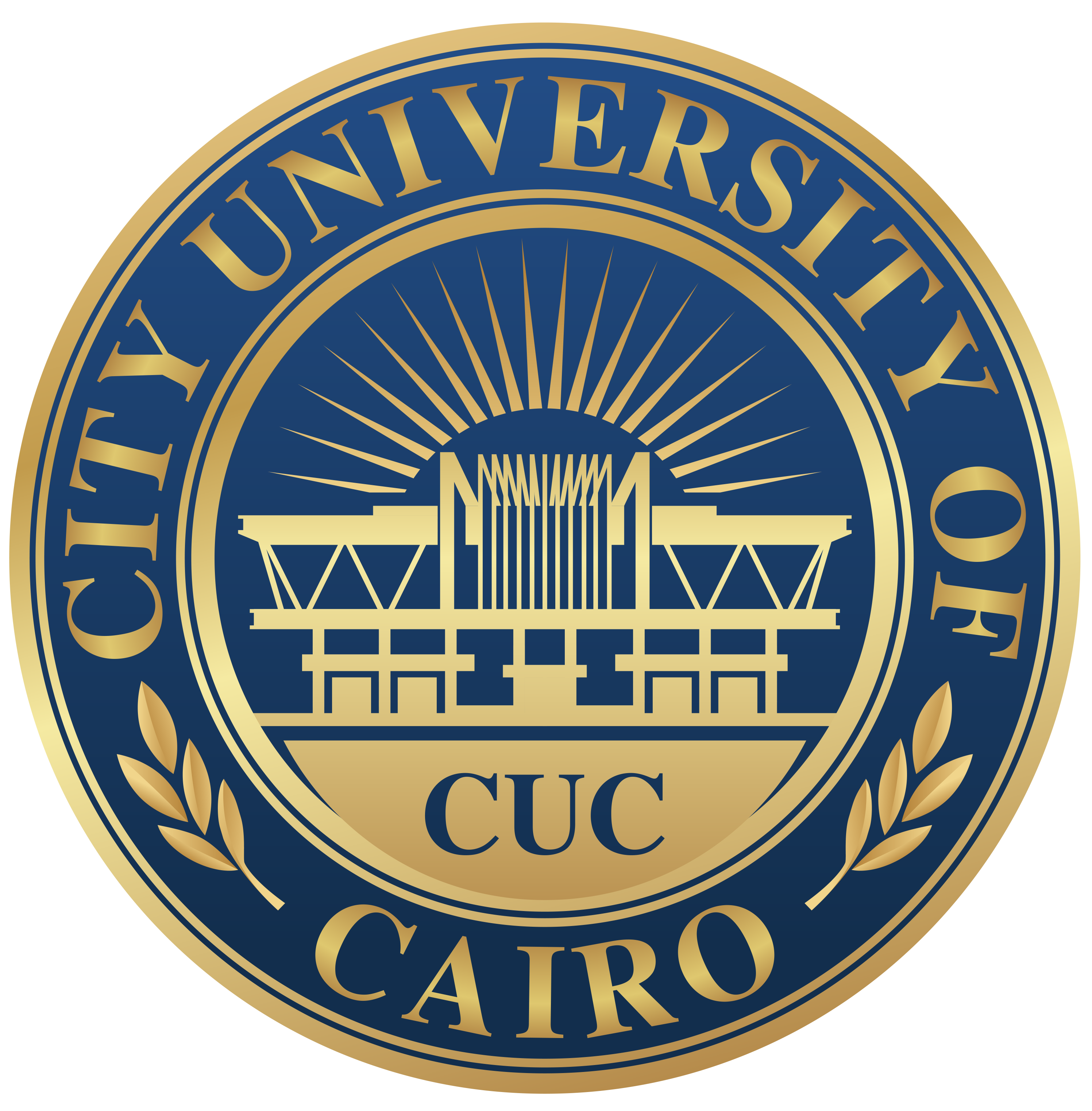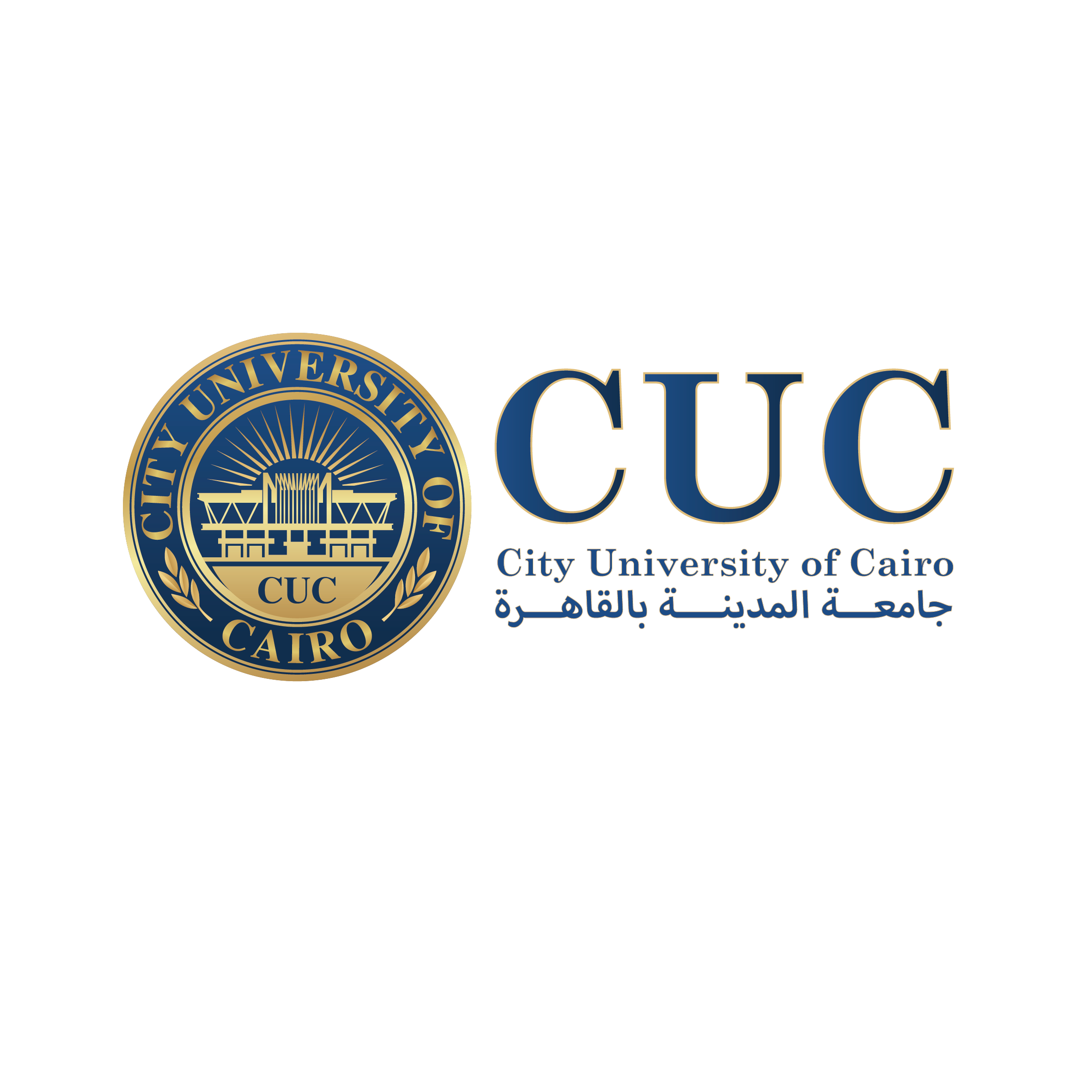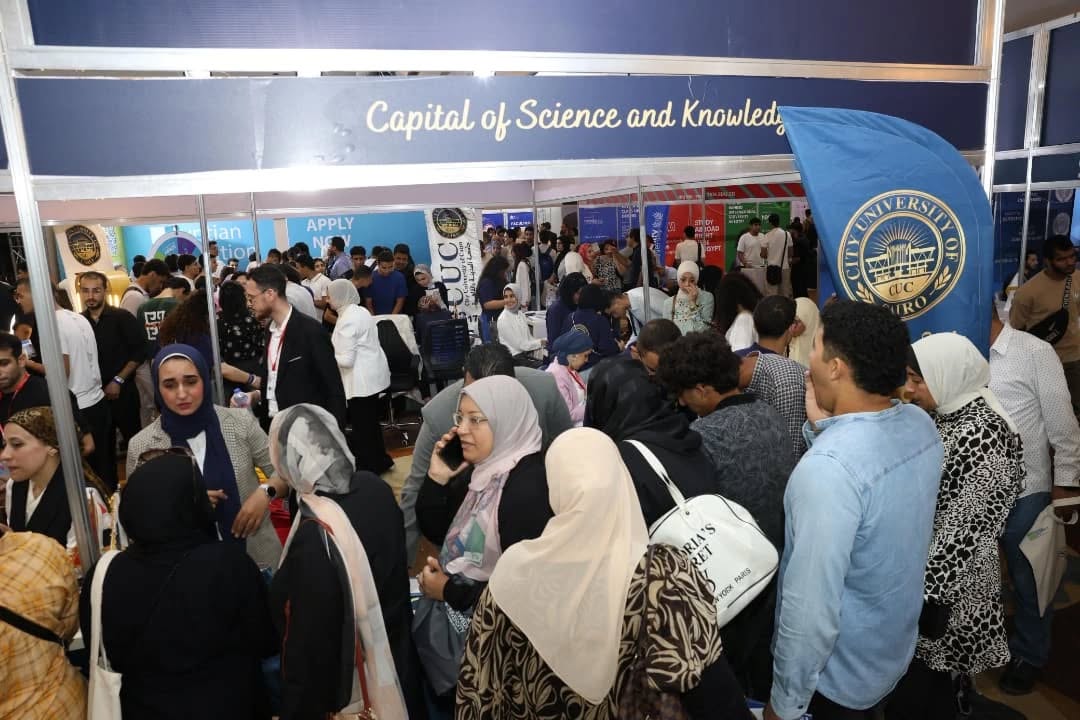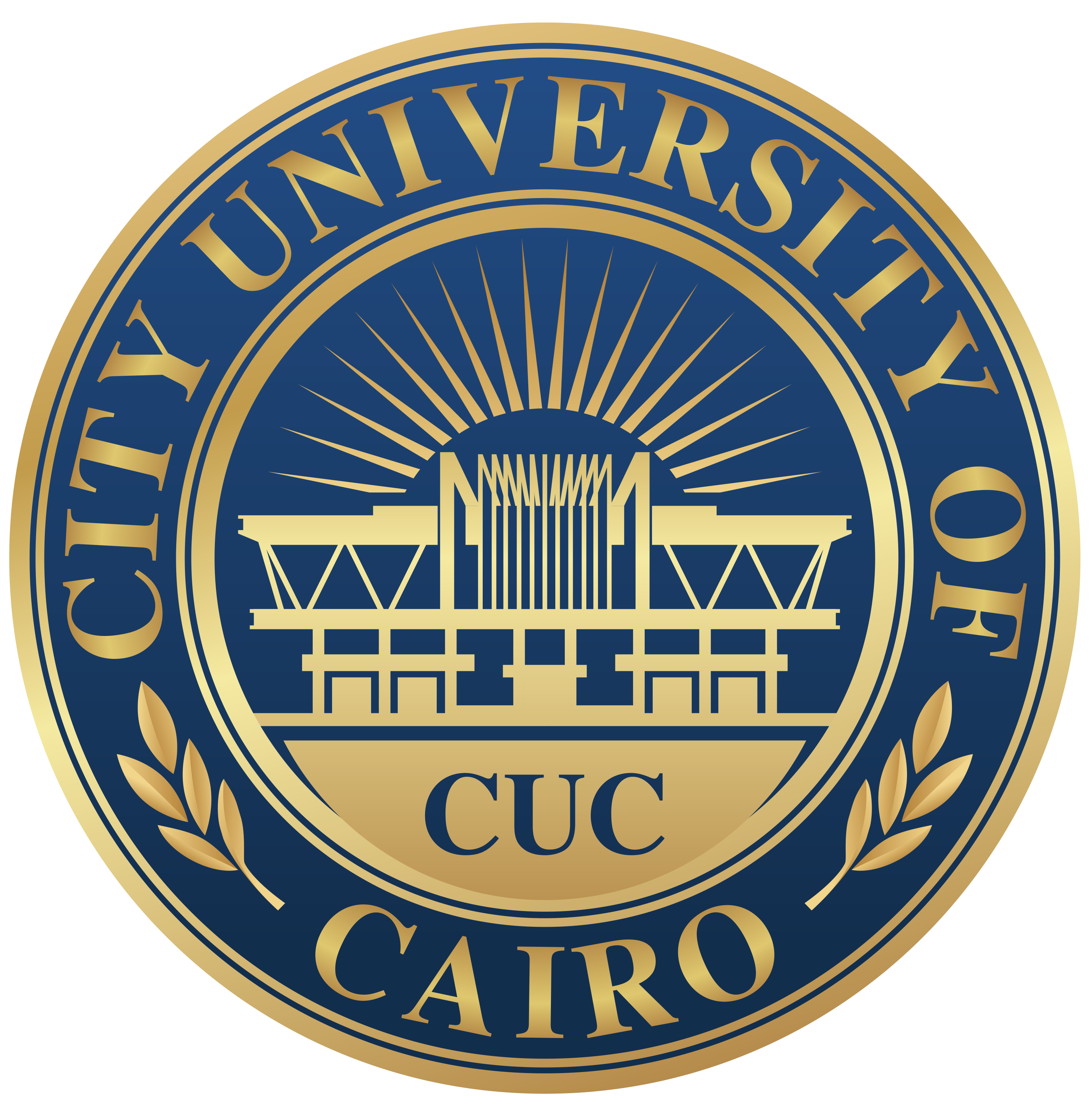قرار جمهوري بإنشاء جامعة خاصة باسم "جامعة المدينة بالقاهرة"
التعليم العالي: قرار جمهوري بإنشاء جامعة خاصة باسم "جامعة المدينة بالقاهرة" أعلن د. خالد عبدالغفار وزير التعليم العالي والبحث العلمي، عن صدور قرار جمهوري بإنشاء جامعة خاصة باسم (جامعة المدينة بالقاهرة)، تكون لها شخصية اعتبارية خاصة، ويكون مقرها مدينة هليوبوليس الجديدة بمحافظة القاهرة، ولا يكون غرضها الأساسي تحقيق الربح. وتتكون الجامعة من كليات: (الهندسة، والعلاج الطبيعي، والفنون والتصميم، والإعلام، والاقتصاد والعلوم الإدارية). وأوضح د. عادل عبدالغفار المستشار الإعلامي والمتحدث الرسمي للوزارة، أنه تم خلال العامين الماضيين صدور سبعة قرارات جمهورية بإنشاء جامعات السلام بطنطا، سفنكس بأسيوط الجديدة، ميريت بسوهاج الجديدة، الحياة بالتجمع الخامس، اللوتس بالمنيا الجديدة، رشيد برشيد، مايو بمدينة ١٥ مايو بالإضافة إلى إنشاء كليات جديدة بعدة جامعات خاصة قائمة. وأضاف المتحدث الرسمى لوزارة التعليم العالى والبحث العلمى أن مصر شهدت زيادة ملحوظة فى عدد الجامعات خلال السنوات الأخيرة على مستوى الجامعات الحكومية التى وصلت إلى ٢٧ جامعة بإضافة ( جامعة مطروح - جامعة الوادي الجديد - جامعة الأقصر) وكذلك الجامعات التكنولوجية الجديدة (القاهرة الجديدة - بنى سويف - قويسنا) والجامعات الأهلية الجديدة (جامعة الملك سلمان بفروعها فى شرم الشيخ ورأس سدر والطور - جامعة الجلالة - جامعة العلمين - جامعة المنصورة الجديدة - الجامعة اليابانية - جامعة زويل) وكذلك زيادة عدد الكليات بالجامعات الحكومية لتصل إلى ٤٨٥ كلية ، وزيادة عدد الكليات أيضا بالجامعات الخاصة والأهلية. ويأتي ذلك في ضوء الحرص على زيادة إتاحة فرص التعليم العالي بالأقاليم الجغرافية المختلفة بما يسهم فى تحقيق التنمية على مستوى الجمهورية من ناحية، وتنمية القدرة على استيعاب الطلب المتزايد على التعليم العالى فى مصر من ناحية آخرى. حيث يُتوقع زيادة عدد الطلاب بالجامعات والمعاهد إلى ٤ مليون طالب فى عام ٢٠٣٠، مقارنة بحوالي ٣ مليون حالياً، وهو ما يتطلب زيادة الاستثمارات فى الجامعات الحكومية والخاصة والأهلية فى آن واحد لاستيعاب الطلب المتنامي للالتحاق بالتعليم العالى، مع الأخذ فى الاعتبار التركيز على التخصصات العلمية الجديدة التى يتطلبها سوق العمل المحلى والإقليمي والدولي، والاستفادة من الجامعات الأجنبية المتميزة فى التخصصات العلمية الحديثة من خلال شراكات واتفاقيات علمية مع الجامعات المصرية القائمة والمنشأة حديثاً. المركز الإعلامي لوزارة التعليم العالي والبحث العلمي

